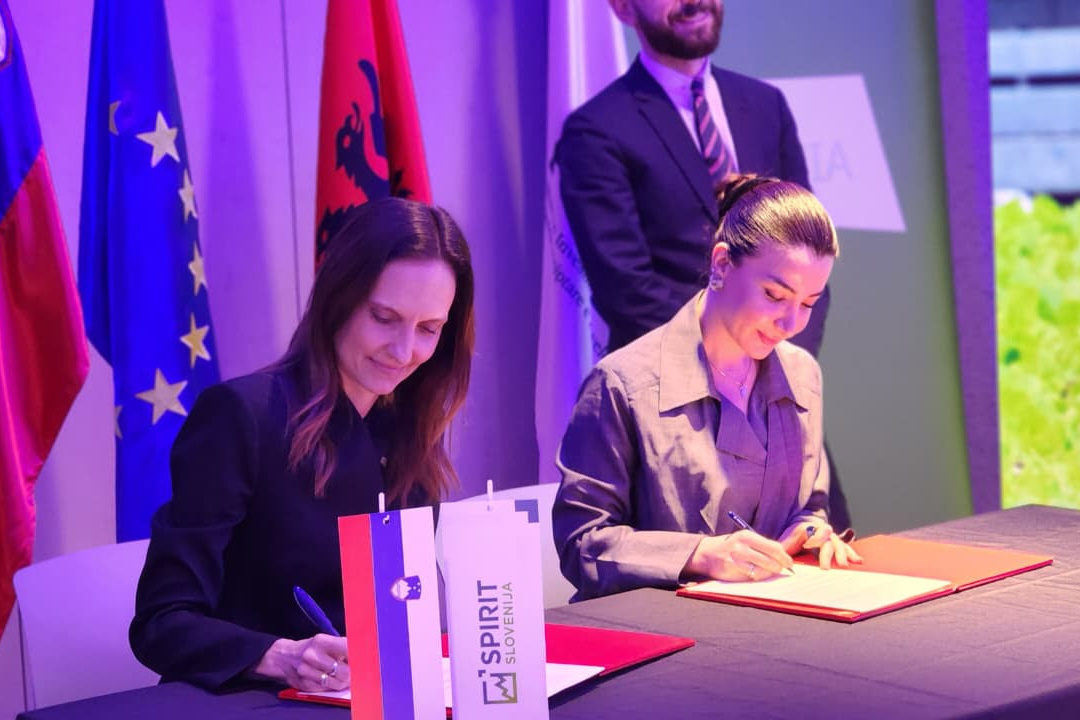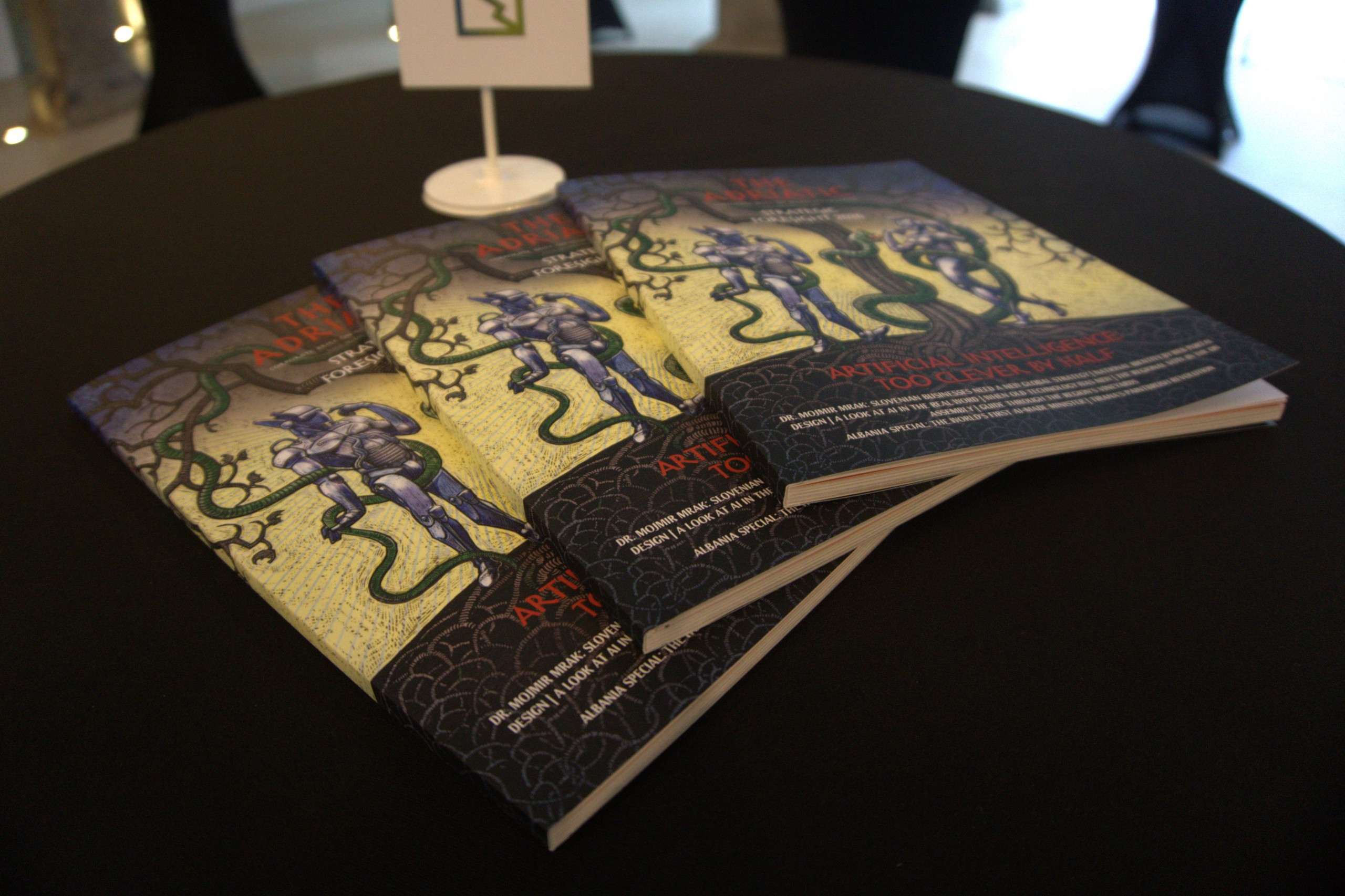Insurance fraud is no “Robin Hood” crime
The Adriatic Team
Far from stealing from the rich, insurance cheats pick the pockets of ordinary policyholders, costing the Slovenian market up to €200 million a year.
“Why do fraudsters do it? Because they can.” With these stark words, Maja Krumberger, director of the Slovenian Insurance Association, opened the inaugural international conference on fraud prevention at Bled. The two-day event convened leading experts from insurance, justice, law enforcement, and data analytics sectors to confront a growing global crisis.
In an industry generating more than a trillion dollars globally, fraudsters syphon off over $40 billion annually, according to the FBI. Far from being a victimless crime, this has evolved into a shadow tax on honest citizens, costing the average American family between $400 and $700 yearly in inflated premiums. Even in Slovenia, a country of just two million people, the annual toll reaches €200 million.
The problem is particularly acute in the United Kingdom, where Thomas Hill, head of the London Police’s insurance fraud prosecution department, reports an 8% surge in fraud cases over the past year. £1,9 billion in reported losses for 2023/24, with fraudulent insurance claims accounting for £1,1 billion across 84,470 cases.
One recent case exemplifies the industry’s challenges. Gary Whipps, a broker who specialised in amusement park insurance, orchestrated a simple yet effective scheme: altering premium amounts on contracts, pocketing the difference, and leaving 26 clients with compromised coverage. His conviction in June brought a two-year prison sentence, but the story highlights the gap between criminal conviction and financial restitution.
“We all pay premiums due to fraud,” notes Jernej Veberič from Triglav Insurance’s fraud prevention unit. Despite laws threatening up to ten years’ imprisonment, he argues the real challenge lies not in penalty severity but in prosecution effectiveness. The complexity of proving fraud, combined with lengthy legal procedures, has made early detection crucial.
Hope for progress lies in enhanced investigative capabilities. Marcus Lindemann, who trains journalists and investigators in Open Source Intelligence (OSINT), demonstrated how publicly available personal data can strengthen fraud detection. “Sensitive personal information that was previously only found on the dark web can now be accessed through the clear net,” Lindemann explained, referring to freely available internet services. Moving to the next slide, he displayed Mark Zuckerberg’s personal data, including over 15 phone numbers and 16 email addresses.
Coupled with tools that utilise AI, fraud detection is improving fast. The Slovenian Insurance Association recently celebrated a milestone in this direction with its FRODO data analytics system. Developed by MEDIUS d.o.o., winning the best digital project of 2024 at the GoDigital conference at Brdo pri Kranju, this AI-powered solution helps member insurance companies detect suspicious claims.
But technology alone won’t solve this crisis. The real solution requires something more fundamental – understanding that each fraudulent claim isn’t just a victimless crime against a faceless corporation. It’s a hand reaching directly into the pockets of every policyholder, taking money that could have protected someone’s home, health, or future.









